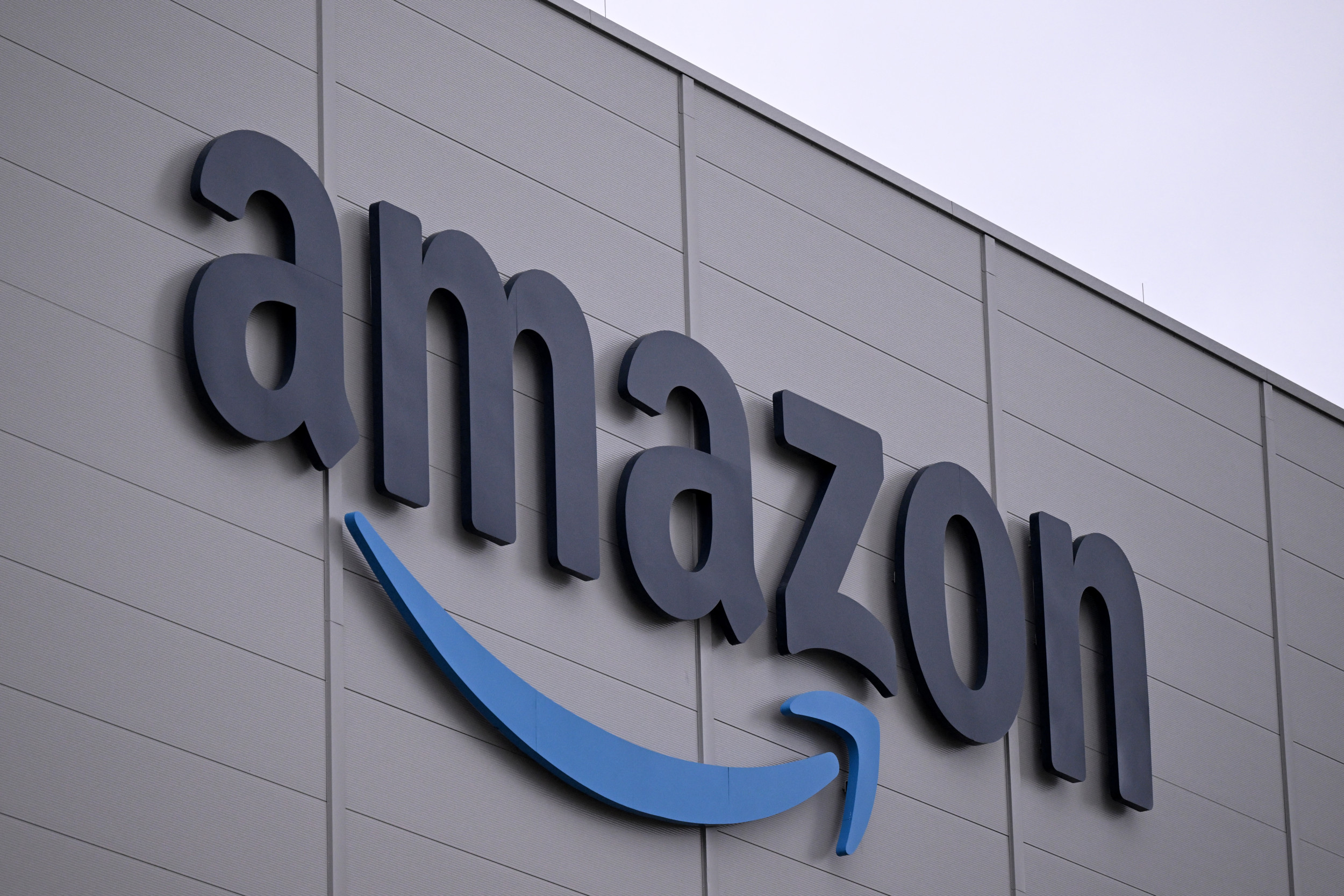Nationwide economic blackout February 28: Where people can still shop

A nationwide economic blackout planned for this Friday, February 28, will protest the rollback of diversity, equity and inclusion (DEI) initiatives by major corporations.
Organized by The People’s Union, the boycott urges consumers to halt their spending at major retailers, fast-food chains and gas stations for a full day.
Newsweek reached out to The People’s Union founder for additional comment via email on Thursday.
Why It Matters
The boycott is part of a broader reaction to the recent rollback of DEI initiatives, which organizers claim undermines years of progress toward inclusivity in the corporate sector.
Through the economic blackout, The People’s Union aims to highlight the influence that consumer spending has on the national economy and corporate policies.
By choosing not to spend money at large businesses, participants hope to send a potent message about consumer power and corporate accountability.
INA FASSBENDER/Getty Images
What To Know
During the blackout, which takes place from 12 a.m. to 11:59 p.m. on Friday, participants are encouraged to avoid all non-essential spending, both in-store and online–especially at prominent retailers such as Amazon, Walmart, Best Buy and major fast food outlets.
Essential purchases, such as food, medicine and emergency supplies, should be the only exceptions. The use of credit and debit cards is also discouraged, except for essential purchases.
Read more: Nationwide Economic Blackout on February 28: List of Stores Being Targeted
Where Can You Still Shop?
If people have to shop, the blackout encourages people to shop at only local and small businesses. Many people view small and local businesses as a vital part of the economic and social fabric of communities.
What People Are Saying
John Schwarz, founder of The People’s Union, previously told Newsweek: “Corporations and politicians have built a system designed to keep us struggling while they profit off our labor and spending. This blackout is a wake up call, a first step in proving that we have the power to disrupt their system when we stand together.”
Nekima Levy Armstrong, a Minneapolis-based civil rights lawyer and founder of the Racial Justice Network, previously told Newsweek: “In light of the onslaught of recent executive orders and nonsensical attacks on DEI coming from the Trump administration, this spending freeze is an opportunity to use the power of the purse to push back on harmful ideas and enforcement actions that should not be tolerated.”
Alex Beene, a financial literacy instructor for the University of Tennessee at Martin, previously told Newsweek: “The focus of the February 28 Economic Blackout is to halt spending on items from major corporations like Amazon, Wal-Mart and other major big-box and fast-food retailers in protest to recent changes to hiring policy and standards that have seemingly been triggered by the new administration… While protests of retailers for social and political purposes are nothing new, their frequency and business impact has increased over the last decade.”
What Happens Next
While it’s unclear how many people will participate in the blackout, the success of the event could influence future consumer protests and corporate policies.
Schwarz previously told Newsweek he intends to track participation through registrations on the website, social media engagement and the general prominence of the campaign.
Related
Exclusive | Dave Portnoy is quietly shopping a book
Barstool Sports founder Dave Portnoy is shopping a book, Page Six has exclusively learned. Portnoy’s agency UTA is repping the tome, sources te
We Track Sales For A Living. Here Are The 30…
As shopping experts, we shop slowly and carefully to discern if a sale offers the most bang for our buck. From everyday essentials to larger splurges, knowing w
Can you afford to be patriotic when grocery shopping?
CBCPenguins bask on the shore of King George Island near Brazil's Comandante Ferraz research station in Antarctica.Antarctica is like no place on Earth. The "W
Our Readers Top Loved Products Last Month Were All Sleep…
1TOP-TESTED COTTON SHEETSCalifornia Design Den Cotton SheetsNow 23% OffCredit: California Design DenWhy we love it: If you have been reading our What's In My Ca











